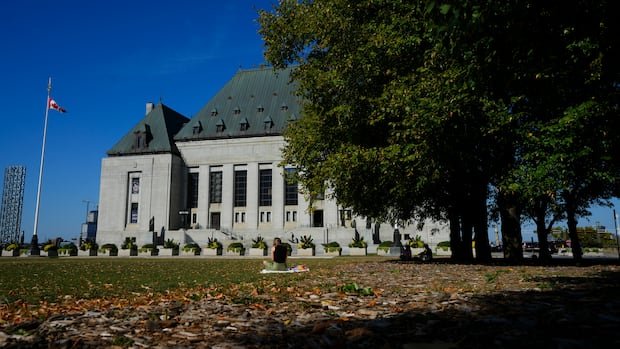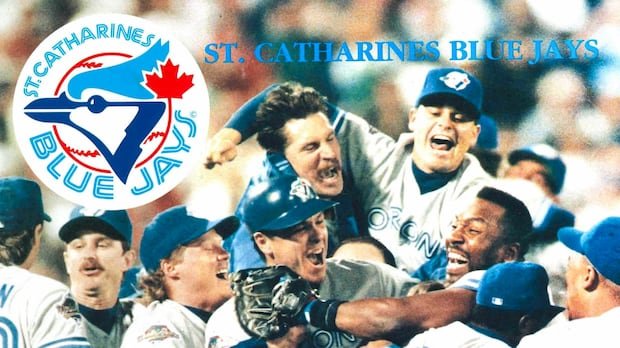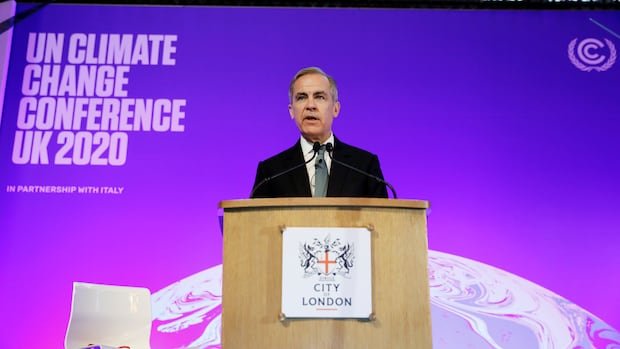The Supreme Court of Canada upheld the acquittal of a man who was arrested at the scene of a drug overdose, saying he had immunity under a law aimed at reducing the number of deaths from substance use.
The high court’s 6-3 ruling Friday said Paul Eric Wilson’s arrest in Saskatchewan five years ago seriously violated his constitutional rights because of the protective effect of the Good Samaritan Drug Overdose Act.
In 2017, Parliament passed the Good Samaritan Act, an amendment to the broader Controlled Drugs and Substances Act, to help save lives from overdoses.
Under the provision, no one seeking emergency medical or police assistance can be charged or convicted of simple drug possession if the evidence was discovered because that person sought assistance or remained at the scene of the emergency.
Wilson was with three companions in Vanscoy, Sask., in September 2020 when one of them lost consciousness after using fentanyl. Vanscoy is about 25 kilometers southwest of Saskatoon.
A member of the group called 911 and an RCMP officer arrived.
Wilson was arrested for drug possession and, after a search, was arrested a second time.
Wilson was not charged with any drug offenses. However, he was eventually found guilty of several charges for possession of firearms and identification documents.
‘Take the Narcan, not the handcuffs’
In 2023, the Saskatchewan Court of Appeal overturned Wilson’s convictions and acquitted him.
He concluded that Wilson could not be charged with simple possession of a controlled substance because of the Good Samaritan provision and therefore his first arrest was illegal.
In its ruling on Friday, the Supreme Court upheld the Court of Appeals’ decision.
Pierre Hawkins is public legal counsel for the John Howard Society of Saskatchewan, which intervened in the case.
Hawkins welcomed the decision and said it sends a clear message to those who may use drugs.
“Don’t worry about being arrested for simple drug possession. Call 911. Don’t worry that other people at the location you stayed will be arrested. The court’s law priority is to make sure that person receives medical treatments,” Hawkins told CBC News on Friday.
Justice Andromache Karakatsanis, writing for the majority of Canada’s highest court, concluded that the immunity from prosecution and conviction for simple possession explicitly mentioned in the Good Samaritan provision includes, by necessary implication, immunity from arrest for that offence.
“This interpretation best serves the clear purpose of the provision: saving lives,” he said.
An interpretation that allows arrests for possession and intrusive searches related to those arrests would create a strong disincentive to seek emergency assistance in life-threatening overdose situations, Karakatsanis added.
“Parliament did not intend this result,” he wrote.
Because the Good Samaritan provision immunizes eligible individuals from arrest for simple possession, Wilson’s initial arrest was unlawful and violated his Charter right to be free from arbitrary detention, Karakatsanis said.
In turn, this means that the search incident of that arrest was not authorized by law and was a violation of its Charter’s guarantee against unreasonable searches or seizures, he added.
Wilson had immunity under the Good Samaritan provision when he was arrested for possession, Karakatsanis wrote.
“Arresting him despite his immunity was a serious violation of his Charter rights which justifies the exclusion of evidence gathered as a result of the arrest,” he said. “The Court of Appeal was right, in the circumstances, to grant acquittals on all charges.”
The Vancouver-based Pivot Legal Society, another intervener in the Supreme Court case, also applauded the decision.
“At a time when governments at all levels continue to support the deadly war on people who use drugs, we needed a decision like this,” said Caitlin Shane, an attorney for the group.
Hawkins, of the John Howard Society, said the decision also provides clear direction to police when responding to a 911 call about an overdose.
“The answer is to reach for the Narcan, not the handcuffs,” Hawkins said, referring to a brand of naloxone, which is used to treat drug overdoses.








